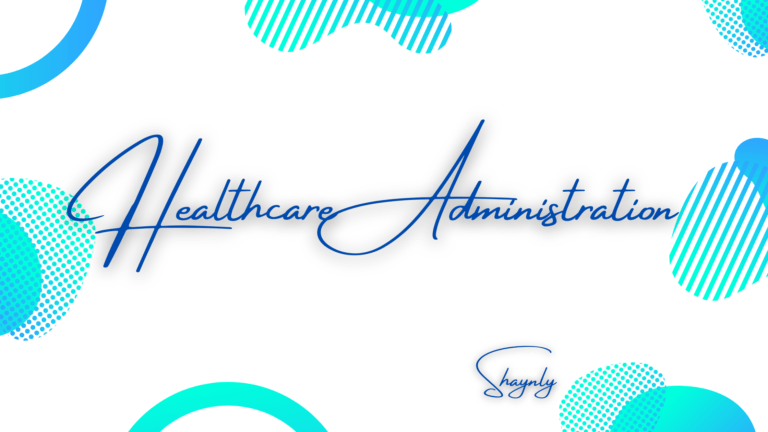Healthcare
Healthcare Medical Billing: An Essential Guide to Optimizing Revenue Cycle Management
Medical billing is a vital component of the healthcare industry, providing the financial backbone that supports the delivery of high-quality patient care. Medical billing professionals are responsible for processing and submitting insurance claims, ensuring that healthcare providers receive timely and accurate reimbursement for their services. In this blog post, we’ll take a closer look at the world of medical billing jobs, exploring the education, skills, and training required to succeed in this rewarding field. We’ll also examine the different types of medical billing jobs available, common job responsibilities, and typical salaries. Whether you’re just starting your career or looking to make a change, read on to discover everything you need to know about medical billing in healthcare.
Healthcare Administration: Ensuring Quality Patient Care 2023
Healthcare administration is a critical component of the healthcare industry. Healthcare administrators are responsible for the management and operation of healthcare facilities, including hospitals, clinics, and long-term care facilities. They ensure that their facility runs efficiently and effectively, providing high-quality care to patients.
One important aspect of healthcare administration is its intersection with healthcare policy. Healthcare policy refers to the laws, regulations, and guidelines that govern the healthcare industry. Healthcare administrators must have a strong understanding of healthcare policy to ensure that their facility is compliant with all relevant laws and regulations. Additionally, healthcare administrators may play a role in shaping healthcare policy by advocating for policies that benefit their facility and patients.
Another important aspect of healthcare administration is health information technology (HIT). HIT refers to the use of technology to manage and exchange health information. Healthcare administrators must be able to effectively use HIT to manage operations and improve patient care. Electronic health records (EHRs), telemedicine, and other HIT tools have made it easier for healthcare administrators to manage patient data and communicate with medical professionals.
Overall, healthcare administration plays a crucial role in the healthcare industry, ensuring that healthcare facilities provide high-quality care to patients. By understanding the intersection of healthcare administration with healthcare policy and health information technology, we can continue to improve the delivery of healthcare services and enhance the overall patient experience.








